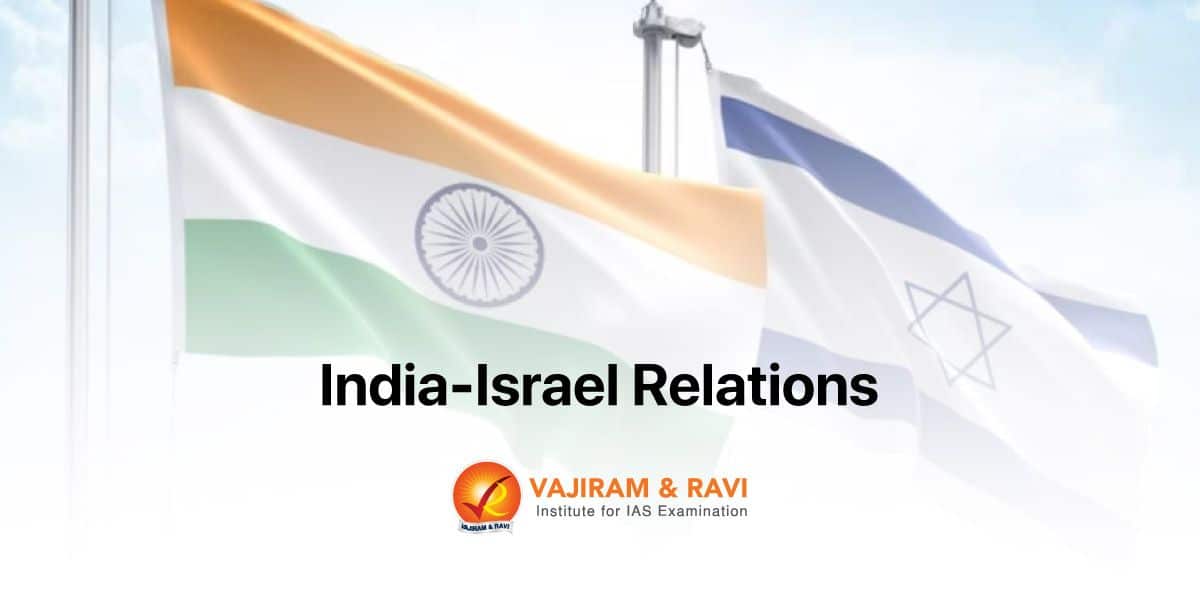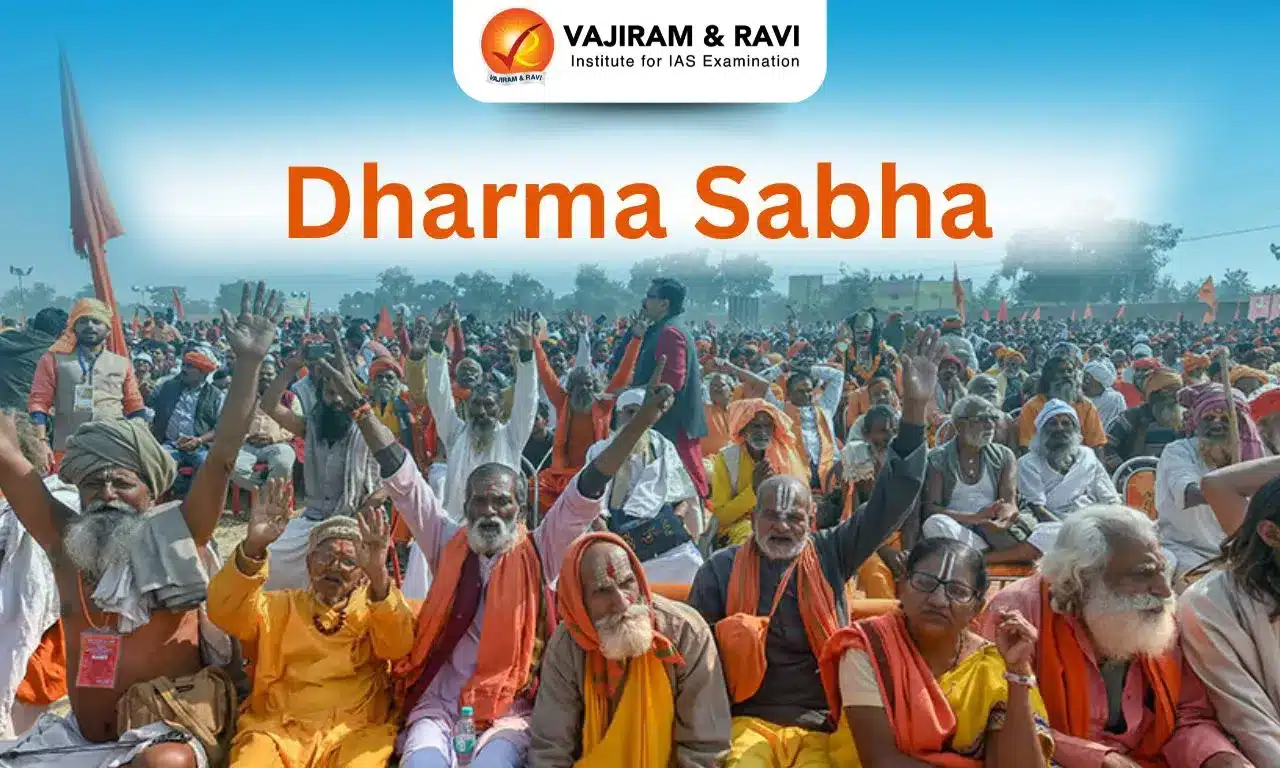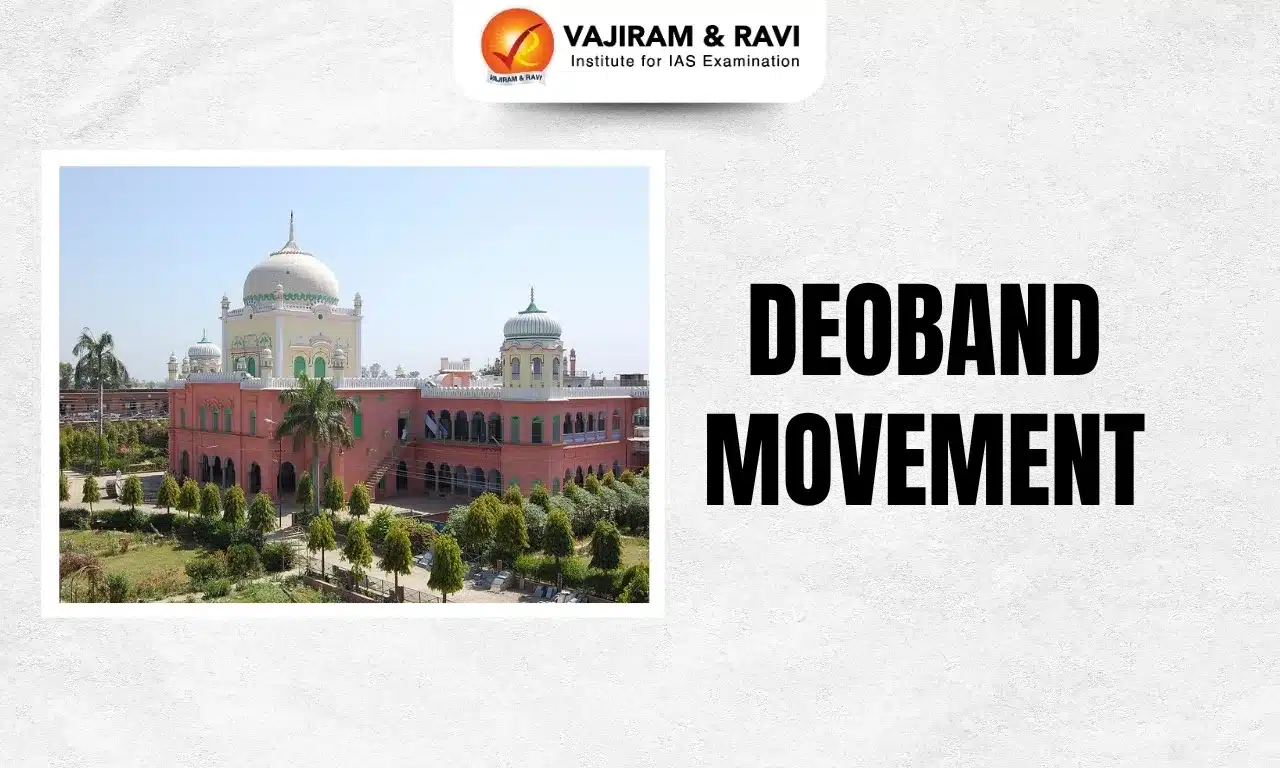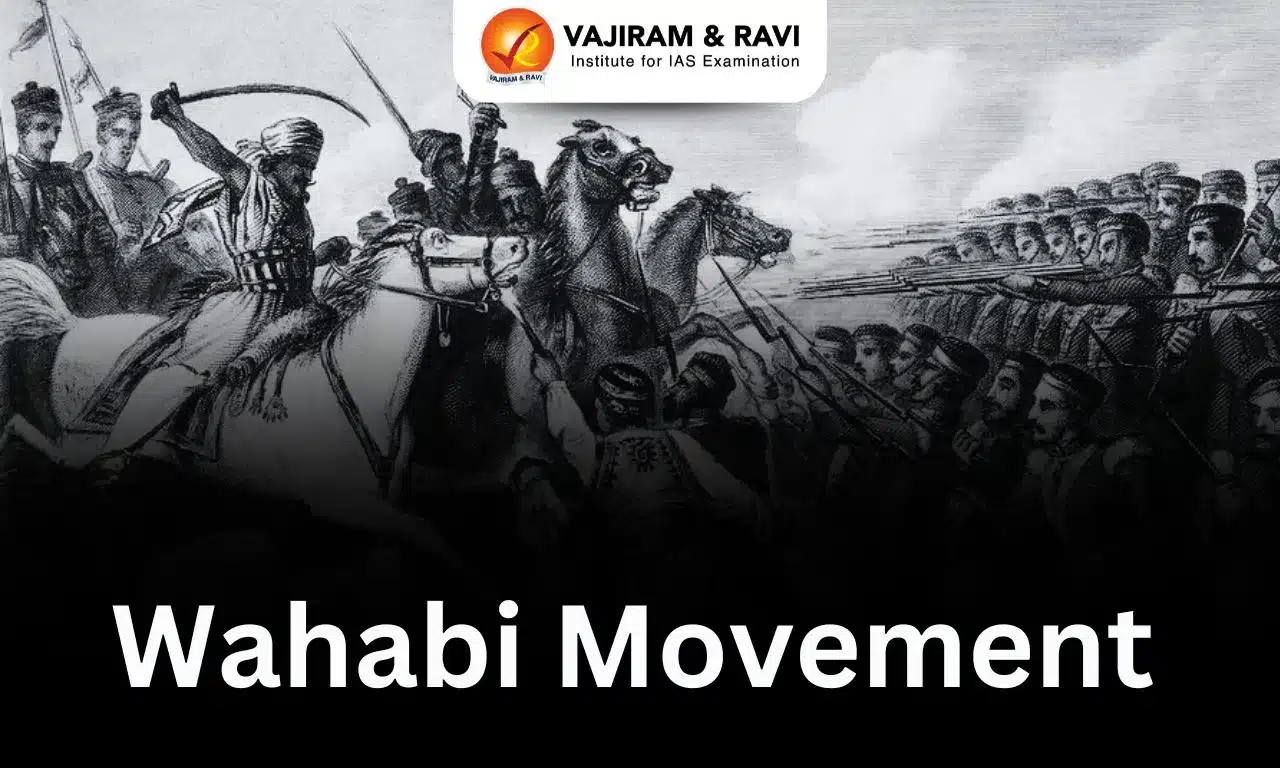Since the 1990s, India and Israel have developed a strong relationship encompassing economics, the military, and politics. Despite India’s initial opposition to the UN Partition Plan for Palestine in 1947, they recognized Israeli sovereignty in 1950.
Currently, India is Israel’s one of the leading importers of military equipment. Both countries are active members of the I2U2 Group, formed to foster collaboration and strengthen their ties.
History of India Israel Relations
India announced its recognition of Israel on September 17, 1950. However, it established full diplomatic relations only in 1992.
- India was part of the Non-Aligned Movement (NAM) while keeping a close relationship with the Soviet bloc and by proximity to the Arab world, while Israel was an ally of the United States and NATO.
- Two main pillars: Since the upgradation of India-Israel relations in 1992, defence and agriculture formed the two main pillars of bilateral engagement.
- In recent years, relations have rapidly grown across various sectors, with a future focus on a strong high-tech partnership between two knowledge-based economies.
| Timeline of India Israel Relations | |
| 1947 | – India had voted against partitioning Palestine at the UN, rejecting the notion of two nations based on religious criteria. |
| 1950 | – India recognized the existence of Israel. |
| 1992 | – Established full diplomatic relations. |
| 2017 | – A paradigm shift in India-Israel ties:
|
| 2018 | – India voted in favour of a resolution brought by Turkey and Yemen in the UN opposing the US’ decision recognising Jerusalem as the capital of Israel. |
| 2021 | – India abstained on the resolution that calls on the UN Human Rights Council to set up a permanent commission to probe human rights violations in Gaza, West Bank and Palestine. |
India Israel Ties until 1992
India did not establish diplomatic relations with Israel until 1992 for several reasons, including:
- Political ideology: India’s commitment to the non-aligned movement caused implied freezing relations with Israel that was increasingly seen as leaning towards the Western bloc.
- Ties with Arab countries: India’s dependence on Arab states for oil imports led to a pro-Arab tilt in its West Asia Policy.
- A need to garner Arab support for its position over the Kashmir issue compelled New Delhi to pursue an exclusively pro-Arab policy.
- Nehru and Gandhi’s stand: Both of them pledged support for the Palestinian cause and rejected the notion of two nations based on religious criteria.
- As an international scofflaw and occupying power, Israel has struggled to break diplomatic ties with the countries of the Global South, including India.
- Shift of India’s stand:
- On the Kashmir issue, West Asia supported Pakistan.
- The Oslo Accords of 1993: Agreements between Israel and the Palestine Liberation Organization (PLO), aimed to establish a framework for peace and self-governance in the Israeli-occupied Palestinian territories.
India Israel Relationship
India and Israel have cooperated in a variety of sectors in recent years, including
- Political Relations: Political ties between the two countries are friendly.Increased high-level exchanges and ministerial visits on both sides have expanded cooperation in different functional areas.
- Economic and Commercial ties: The bilateral merchandise trade grew from USD 200 million in 1992 to USD 10.1 billion (excluding defence) during the FY 2022-2023, with the balance of trade being in India’s favour.
- India is Israel’s third-largest trade partner in Asia and seventh-largest globally.
- Key Indian exports to Israel: Pearls, precious stones, automotive diesel, chemicals, machinery, electrical equipment, plastics, textiles, metals, and agricultural products.
- Israel’s major exports to India: Pearls, precious stones, chemicals, machinery, electrical equipment, petroleum oils, defence-related goods, and transportation equipment.
- I2U2: Founded in 2021 is a new strategic partnership;
- Members: India, Israel, United Arab Emirates, and United States.
- It is also referred to as the West Asian Quad/Middle East Quad/New Quad.
- Objectives: To promote economic development, scientific innovation, and regional stability.
- Defence Cooperation: Israel has remained among the top arms suppliers to India in the past two decades.
- Both countries are cooperating on security issues, including a Joint Working Group on Counter-Terrorism.
- Indian armed forces use Israeli Phalcon AWACS (Airborne Warning And Control Systems), and Heron drones to Barak anti-missile defence systems.
- Participation in ‘Make in India’: The Israeli defense companies IAI, Elbit Systems, and Rafael Advanced Defense Systems have established partnerships with Indian firms Bharat Forge, Tech Mahindra, Adani Group, and Tata Advanced Systems to manufacture specialized sub-systems and enhance homeland security systems.
- Agriculture
- Agricultural cooperation between the two parties is formalized through three-year work plans that include three-year action plans.
- Fifth three-year joint work program was signed in 2021, which aims to establish new Centers of Excellence and grow the existing ones.
- Both countries have signed a MOU on Water Resources Management and Development Cooperation in November 2016.
- Science and Technology
- The two countries have established a Joint Committee on S&T, established under the S&T Cooperation Agreement signed in 1993.
- India-Israel Industrial R&D and Technological Innovation Fund (I4F) has been set up to secure cooperation between the Department of Science and Technology, India, and the Israel Innovation Authority, Israel to promote, facilitate and support joint industrial R&D projects.
- Energy
- Tamar and Levianthan gas fields off the coast ofIsrael were explored recently and India has been one of the first countries to bid for an exploration license in order to extract and import natural gas from the fields.
- India’s ONGC Videsh, Bharat PetroResources, Indian Oil and Oil India were awarded an exploration license by the Israeli government, a clear sign of the ongoing diversification in ties between the two countries.
- Cultural Exchange:
- Diaspora: Approximately 85,000 Jews of Indian origin live in Israel.
- Most arrived during the 1950s and 1960s, with the majority from Maharashtra (Bene Israelis) and smaller groups from Kerala (Cochini Jews) and Kolkata (Baghdadi Jews).
- Some Indian Jews from North Eastern states (Bnei Menashe) have also migrated recently.
- Academic Collaboration: Academic agreements have been established between Indian and Israeli universities, fostering collaboration and exchange.
- In May 2013, a funding program for joint academic research was launched, involving the University Grants Commission and the Israel Science Foundation.
- Diaspora: Approximately 85,000 Jews of Indian origin live in Israel.
Israel-Palestine Conflict
In early October 2023, conflict erupted between Israel and Hamas, the Gaza-based militant group. Hamas launched rocket attacks into Israel and infiltrated southern Israeli areas, causing casualties and taking hostages. Israel responded swiftly with a retaliatory operation.
- Within a day, Israel officially declared war on Hamas, with the defense minister ordering a “complete siege” of Gaza by the Israeli Defense Forces.
- The Prime Minister of India expressed shock at recent escalation, called “terrorist attacks” and conveyed “solidarity with Israel”.
Background of the Conflict
The Israel Palestine conflict has its origins in the late 19th century.
- Partition Plan: In 1947, the United Nations approved Resolution 181(Partition Plan), which aimed to divide British Mandate Palestine into Arab and Jewish states.
- Palestine was initially part of the Ottoman Empire and later came under British rule.
- Arab-Israeli War: On May 14, 1948, the State of Israel was established, leading to the first Arab-Israeli War.
- This war concluded in 1949 with Israel emerging victorious, but it resulted in the displacement of many Palestinians and the division of the territory into three parts: Israel, the West Bank, and the Gaza Strip.
- Six-Day War: In 1967, another conflict saw Israel occupying East Jerusalem, the West Bank, the Syrian Golan Heights, Gaza, and the Egyptian Sinai Peninsula.
India’s Stand on Israel-Palestine Conflict
India’s relations with Israel and Palestine have been a roller coaster over the past seven decades. India, following the foreign policy principles of Third World Solidarity and non-violence established during the Nehruvian era, has consistently shown strong support for the Palestinian cause throughout its history.
- India’s position with regard to Palestine was guided by the general consensus in the Arab world, the NAM, and the UN.
- India was one of the last non-Muslim states to recognise Israel, it became the first non-Arab state to recognise the PLO.
- India stressed that no alternative to the two-state solution can guarantee peace between Israel and Palestine and said that direct negotiations are the only path to peace.
What is the “Dehyphenation Policy” of India with respect to the Israel-Palestine Conflict?
The “De-hyphenation” policy of India with respect to Israel and Palestine refers to India’s attempt to separate its relationship with Israel from its relationship with Palestine.
- Prior to this policy, India’s approach to the Israeli-Palestinian conflict was often seen as being heavily influenced by its support for the Palestinian cause.
- However, in recent years, India has sought to broaden its relationships with both Israel and Palestine, while maintaining its support for the Palestinian cause.
- Under the dehyphenation policy, India has sought to engage with both Israel and Palestine on separate tracks, pursuing its interests with each country independently.
- Now India’s relationship with Israel would stand on its own merits, independent and separate from India’s relationship with the Palestinians.
- The hyphenation was a compulsion during the Cold War era, but it continued to underpin India’s approach even in the subsequent period, probably out of the fear of antagonizing the Arabs.
Challenges in India Israel Relations
There are several factors that can hinder India-Israel relations, including:
- Relation with Iran: Israel sees Iran as an existential threat, while India values cooperation for energy supplies and a Chabahar port route to Afghanistan and Central Asia.
- Approach towards the Arab world: Israel has differences with Arab nations, whereas India’s recent UN vote against the US on Jerusalem reflects India’s significant interests in the region.
- Stand on China: China is Israel’s largest trading partner in Asia (Beijing’s bilateral trade with Israel totalling $22.1 billion in 2022), with strong technology and investment linkages.
- The Free Trade Agreement (FTA) is stuck because of the concerns from the Indian domestic industry.
- It is difficult to delink Israel and Palestine in India’s foreign policy, making it a significant consideration while strategizing the diplomatic relationship with Israel and other nations in the Middle East.
Way Forward
India has so far been successful in balancing its interests in the Middle East, both bilaterally and multilaterally, without taking sides with either of the conflicting nations in the region.
- Flexibility in favour of India’s national interest must be made the top priority of the Indian government while dealing with Israel and Arab countries.
- To foster collaboration between Indian and Israeli entities, it’s crucial to adopt a comprehensive approach that encompasses interactions at the governmental, business, and inter-business levels.
- Both should collaborate against rising radicalization and cyber terrorism. India could adopt Israel’s three-tiered strategy for a robust and resilient cyber system with strong defense capabilities.
- P2P contact: Despite increasing bonhomie between the two states, the people-to-people contact is still lacking. Increased citizen engagement will give further depth to the relations between the two countries.
- Bigger trade volumes: Though the trade volumes between the two countries have been increasing year on year, still it’s much below its potential level. FTA should be executed soon and the trade basket must expand.
- Striking balance: A striking balance should bemaintained between relations with Israel and Palestine for India’s geostrategic needs and international morality.
Despite these challenges, the strategic cooperation between India and Israel carries immense potential and is only set to grow further. India and Israel have managed to develop a strong strategic partnership in various fields, including defence, agriculture, technology, and counterterrorism. Both countries need to work on finding common ground and addressing the issues that arise in their bilateral relationship.
Last updated on August, 2025
→ UPSC Mains Admit Card 2025 will be released soon at www.upsc.gov.in.
→ UPSC Mains 2025 will be conducted on 22nd August 2025.
→ UPSC Notification 2025 was released on 22nd January 2025.
→ UPSC Calendar 2026 is released on 15th May, 2025.
→ UPSC Prelims Question Paper 2025 and Unofficial Prelims Answer Key 2025 are available now.
→ UPSC Prelims Result 2025 is out now for the CSE held on 25 May 2025.
→ The UPSC Vacancy 2025 were released 1129, out of which 979 were for UPSC CSE and remaining 150 are for UPSC IFoS.
→ UPSC Prelims 2026 will be conducted on 24th May, 2026 & UPSC Mains 2026 will be conducted on 21st August 2026.
→ The UPSC Selection Process is of 3 stages-Prelims, Mains and Interview.
→ UPSC Result 2024 is released with latest UPSC Marksheet 2024. Check Now!
→ UPSC Toppers List 2024 is released now. Shakti Dubey is UPSC AIR 1 2024 Topper.
→ Also check Best IAS Coaching in Delhi
India Israel Relations FAQs
Q1. What is I2U2 with respect to India Israel Relations?+
Q2. What is India's stand on the Israel Palestine conflict?+
Q3. What does India import from Israel?+
Q4. When did India recognise Israel?+
Tags: india israel relations quest

















